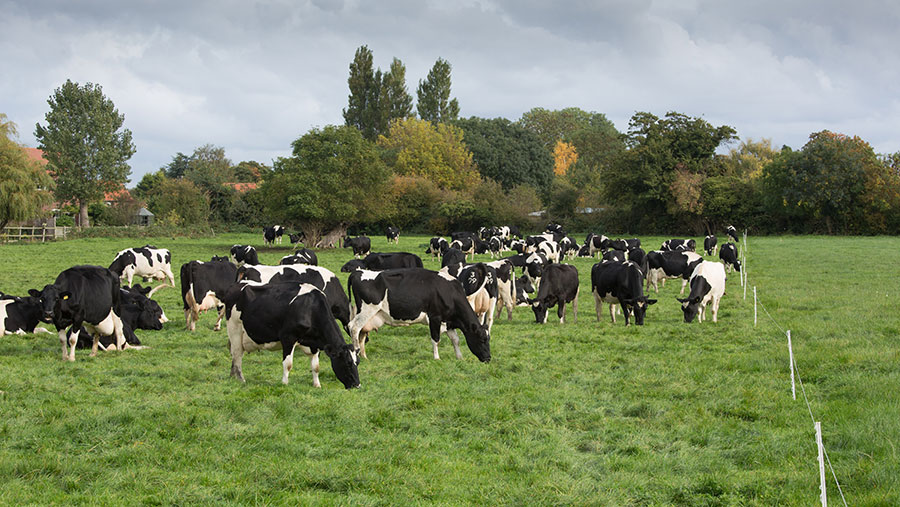COP26: Industry reacts to pledge to cut methane emissions
 © Tim Scrivener
© Tim Scrivener World leaders have pledged to cut methane emission levels by 30% by 2030 at the COP26 summit in Glasgow.
The US and EU are leading the plan and said rapidly reducing methane emissions is the most effective way to tackle the climate crisis in the short term, and keep the goal of limiting warming to 1.5C within reach.
See also: COP26: Deal to end deforestation to limit supply of imported soya
A coalition of 103 countries, including the UK, have backed the Global Methane Pledge. If fully implemented, the initiative could reduce warming by at least 0.2C by 2050.
Russia, India and China are among the countries who have not signed the pledge.
The UK government stressed the urgent need to reduce fossil fuel use and boost energy efficiency, alongside the methane targets.
“We have already made huge progress in reducing emissions from methane, with around 60% of methane emissions cut over the past three decades across the waste, energy and agriculture industries,” a COP26 spokesman said.
NFU president Minette Batters told the Farmers Weekly podcast: “The global methane pledge will cause concern in its name, but it is primarily focused on fracking, oil and coal sites.
“It’s a chance for us to talk up the solutions on how we do lower methane [emissions in livestock].”
Mrs Batters said “game-changing” innovations that aim to reduce methane emissions from livestock were coming online all the time. Work is under way to use feed additives for ruminants.
Seems reducing methane from sources such as cattle is a quick way to show false progress…
Rather than tackling fossil fuels…
And the myriad of other issues….
They're not really interested in the carbon/methane cycle of grazed livestock…
Just a sticky plaster…..
— Hawcroft Lleyn (@PVickerton) November 1, 2021
Commenting from COP26, NFU Scotland’s climate change policy manager, Kate Hopper, said: “Scottish farmers, crofters and growers are already on their net-zero journey and have a key role in further reducing emissions to meet climate change goals of net-zero greenhouse gas emissions by 2045.
“The Scottish beef industry has a greenhouse gas footprint that is half of the world average and has reduced methane emissions by 18% in recent times.”
